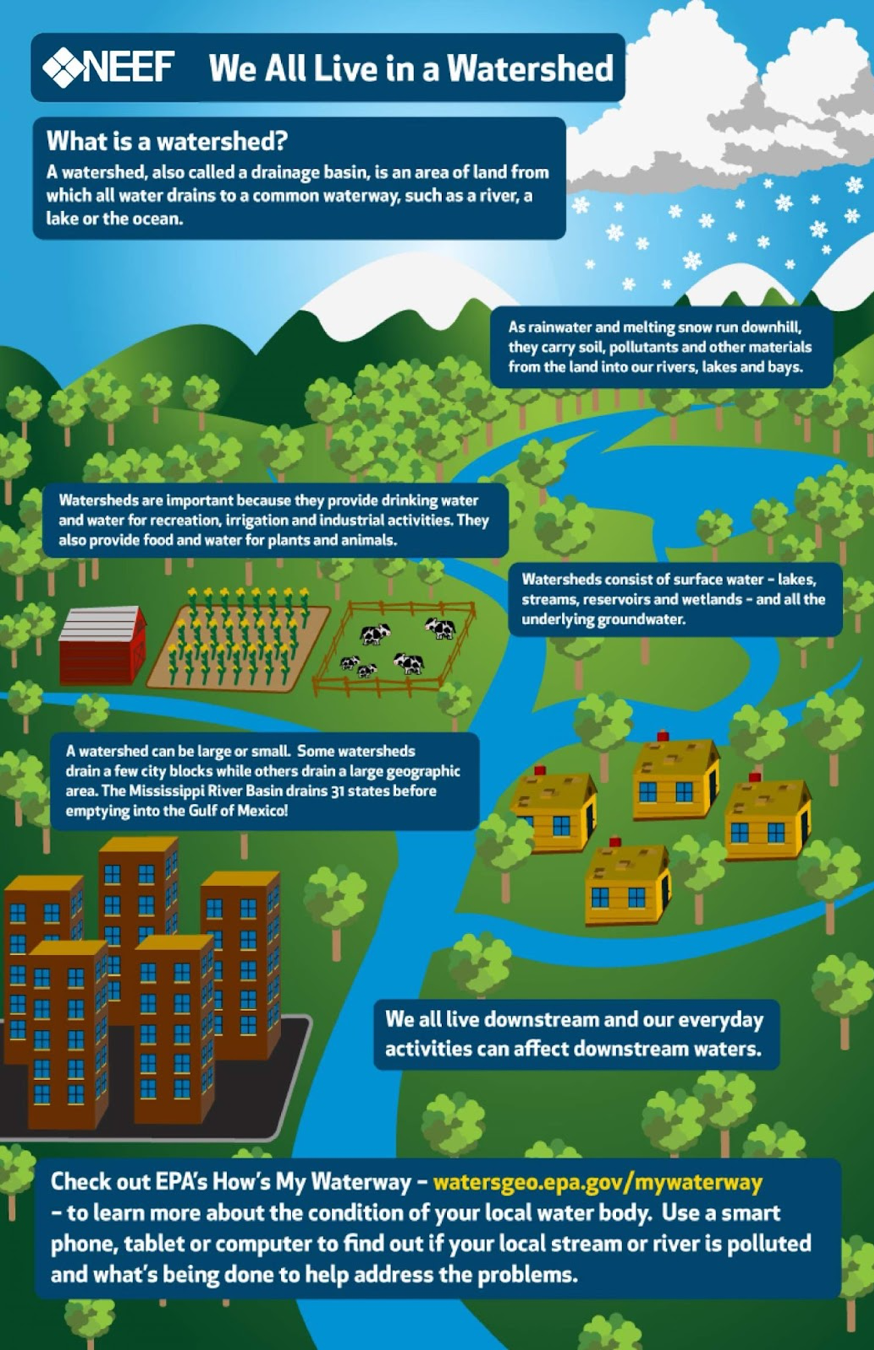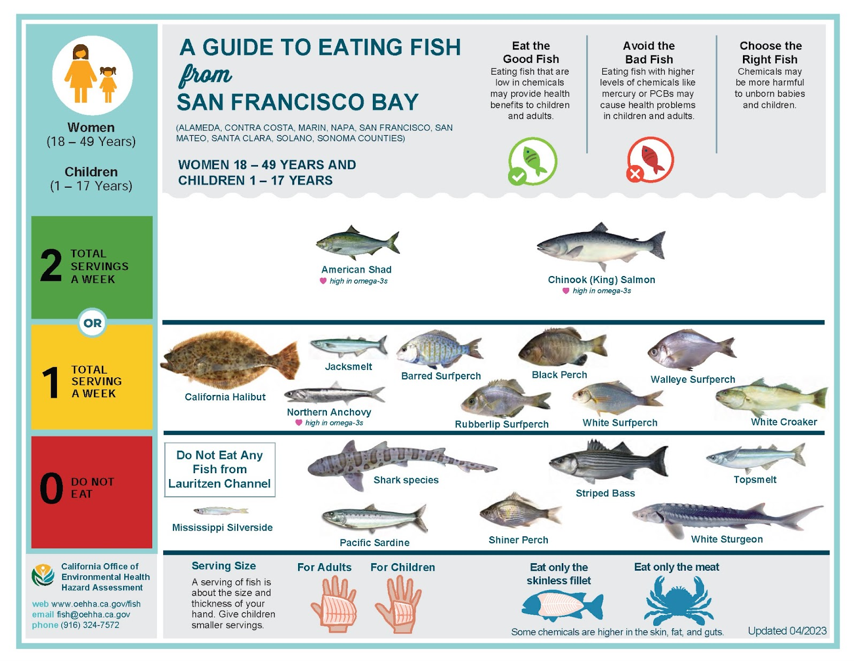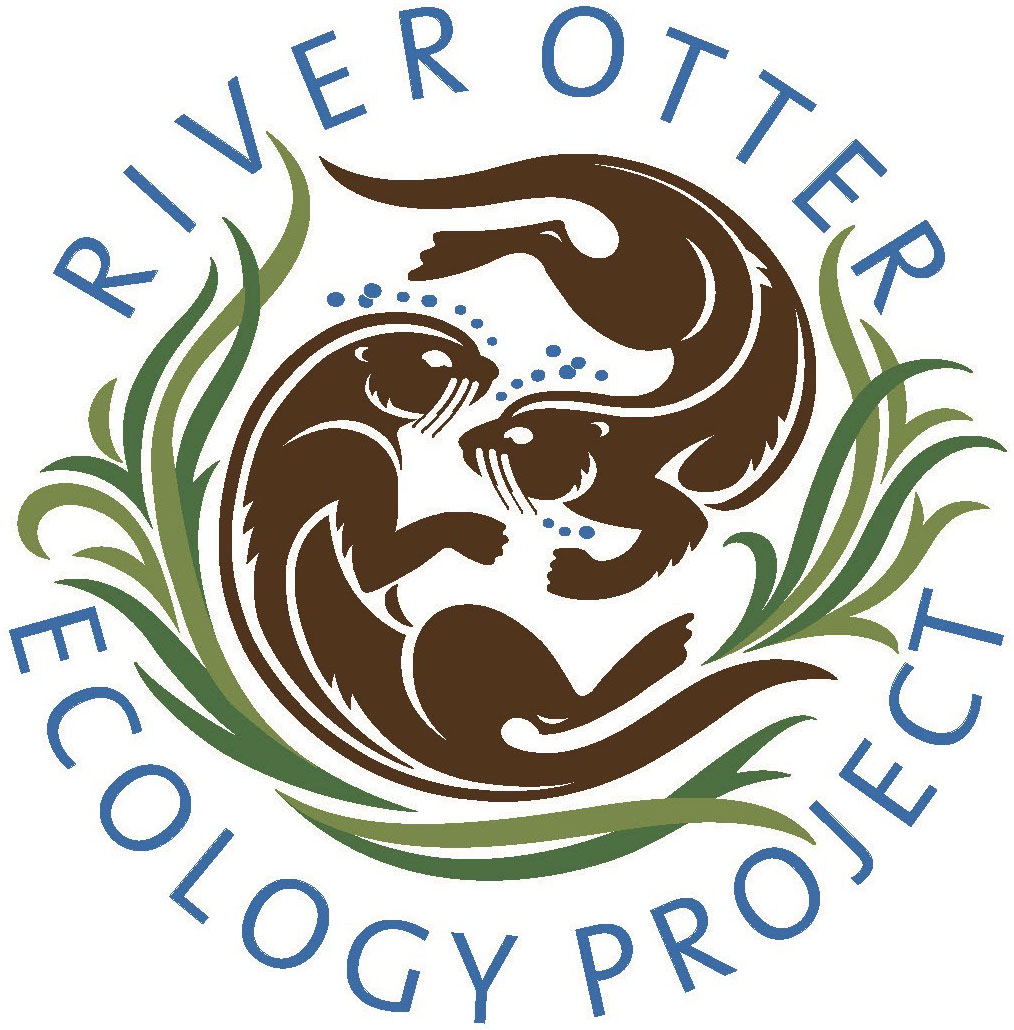Connecting Otter Health and Human Health
We ask Otter Spotters to report dead otters, usually seen killed on roads, to Otter Spotter. Of 5,850 Otter Spotter sightings from 2012 through 2023, 154 were reported dead. During 2021 through 2023, River Otter Ecology Project partnered with California Department of Fish and Wildlife’s Wildlife Health Lab and California Academy of Sciences to examine 20 deceased otters as part of a pilot study. We tested those river otters that were found dead for evidence of exposure to anticoagulant rodenticides, insecticides, pesticides, and heavy metals. We checked for parasites, and collected tissue to save for genetic studies.
What our study found
- 31.5% of the otters tested had been exposed to anticoagulant rodenticides
- 2 otters from the group had lead in their livers
- 63% of otters tested had mercury in their livers
Liver concentration values of heavy metals were below levels likely to be associated with lethal or sub-lethal impacts.
Why is this important?
Learning what chemicals otters are exposed to tells us something about what chemicals we might be exposed to. Remember, we’re all connected through watersheds.
Heavy metals, pesticides, rodenticides, microplastics, and other compounds contaminate our watersheds in the form of industrial waste, stormwater discharge from our towns and cities, and agricultural runoff. These contaminants can have harmful health effects. River otters are exposed to rodenticides and mercury when they eat fish that accumulate them in polluted watersheds. These are the same waters we drink and swim in, and may be the same fish we eat.
Bioaccumulation and biomagnification are two ways of talking about how harmful poisons like mercury and PCBs progress through a specific animal or through the food web and onto our dinner plates. For example, fish eat contaminants, and over time, the levels of those poisons increase in their bodies. That is bioaccumulation. Biogmagnification is when we (or otters or other animals that eat higher on the food web) eat those fish, we get the contaminants too. The point is that we are all exposed to toxins that can accumulate in our bodies over time, and those poisons can move through the food web from animals lower on the food web, like shrimp…to animals higher on the food web, like otters, bears, or humans.
Have you seen the signs posted around parts of SF Bay warning about eating fish from the Bay? Those signs are there because many Bay fish have accumulated harmful chemicals.


Call to Action
1. Submit your sightings on Otter Spotter.
Your sightings matter! When you see an otter, please let us know on Otter Spotter. We are developing a study to monitor environmental pollutants in the San Francisco Bay, and we can’t do this work without you Otter Spotters.
2. We brake for otters.
Most of the deceased otters we studied were killed in motor vehicle accidents. We share this information about when and where these otters were killed with highway and traffic researchers to help make our roads safer for humans and wildlife. In the meantime, let’s all watch for wildlife crossing the road, especially at dawn and dusk when it can be harder to see them.
3. Avoid using rodenticides.
Rodenticides used to kill rats and mice find their way into almost all wildlife. Animals who eat rodents killed by rodenticides are affected, and often die, from rodenticide poisoning. This is entirely avoidable by using non-chemical rodent eradication.
Who we are
Team River Otter includes River Otter Ecology Project, our partners at California Department of Fish and Wildlife and California Academy of Sciences, and Otter Spotters like you.
How Otter Spotters (that’s you!) Support Conservation
The River Otter Ecology Project is a registered 501 (c)(3) EIN #45-4997526 non-profit organization dedicated to the welfare of river otters and our watershed. Our organization is not affiliated with any other otter-related research group or community outreach organization.
© 2024 River Otter Ecology Project
